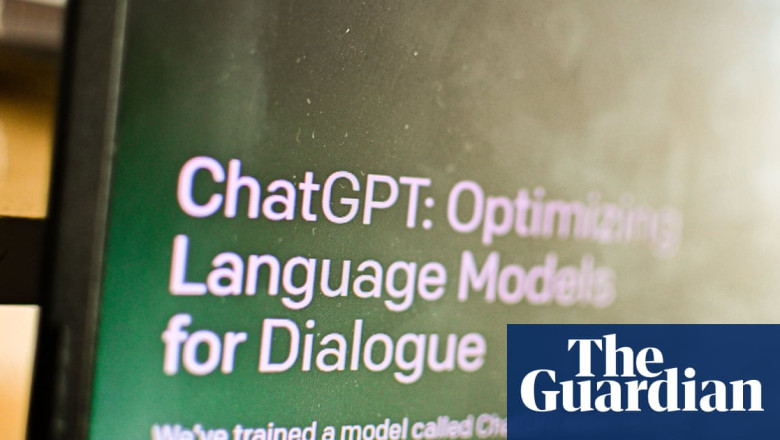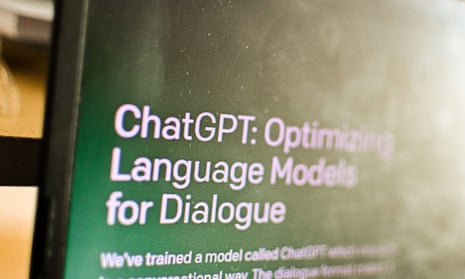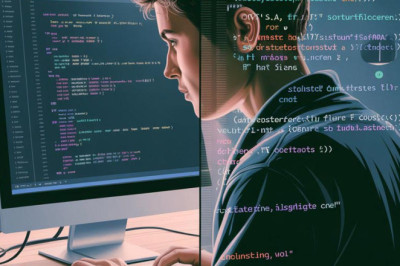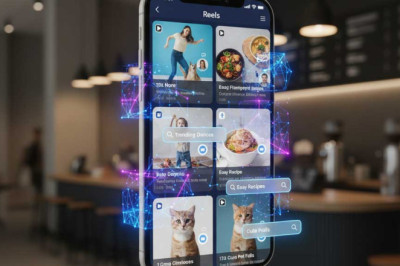
views
Juan Manuel Padilla asked the AI tool how laws applied in case of autistic boy’s medical funding, while also using precedent to support his decision
 The case in Colombia has raised a discussion over the use of AI in law. Photograph: Adrien Fillon/Zuma Press Wire/Rex/ShutterstockThe case in Colombia has raised a discussion over the use of AI in law. Photograph: Adrien Fillon/Zuma Press Wire/Rex/ShutterstockLuke Taylor in BogotáThu 2 Feb 2023 21.53 EST
The case in Colombia has raised a discussion over the use of AI in law. Photograph: Adrien Fillon/Zuma Press Wire/Rex/ShutterstockThe case in Colombia has raised a discussion over the use of AI in law. Photograph: Adrien Fillon/Zuma Press Wire/Rex/ShutterstockLuke Taylor in BogotáThu 2 Feb 2023 21.53 EST
A judge in Colombia has caused a stir by admitting he used the artificial intelligence tool ChatGPT when deciding whether an autistic child’s insurance should cover all of the costs of his medical treatment. He also used precedent from previous rulings to support his decision.
Juan Manuel Padilla, a judge in the Caribbean city of Cartagena, concluded that the entirety child’s medical expenses and transport costs should be paid by his medical plan as his parents could not afford them.
While the judgment itself did not cause much fuss, the inclusion of Padilla’s conversations with ChatGPT in the ruling has been more contentious.
Among Padilla’s inquiries with the chatbot, the legal documents show Padilla asked ChatGPT the precise legal matter at hand: “Is an autistic minor exonerated from paying fees for their therapies?”
Read more
ChatGPT’s response corresponded with the judge’s final decision: “Yes, this is correct. According to the regulations in Colombia, minors diagnosed with autism are exempt from paying fees for their therapies.”
The case has raised a discussion over the use of AI in law and has been criticised by some of Padilla’s peers.
ChatGPT scours text across the internet to generate informed responses but has been shown to provide different answers to the same question. It also fabricates information on occasion to make inventive and compelling lies.
The nascent platform has caused alarm in recent weeks, including in schools, where teachers fear OpenAI’s platform could be used by students for plagiarism.
Padilla defended his use of the technology, suggesting it could make Colombia’s bloated legal system more efficient. The judge also used precedent from previous rulings to support his decision.
Padilla told Blu Radio on Tuesday that ChatGPT and other such programs could be useful to “facilitate the drafting of texts” but “not with the aim of replacing” judges.
Padilla also insisted that “by asking questions to the application, we do not stop being judges, thinking beings.”
The judge argued that ChatGPT performs services previously provided by a secretary and did so “in an organised, simple and structured manner” that could “improve response times” in the justice system.
Prof Juan David Gutierrez of Rosario University was among those to express incredulity at the judge’s admission.
He called for urgent “digital literacy” training for judges.
Colombia approved a law in 2022 that suggests that public lawyers should use technologies where possible to make their work more efficient.
Octavio Tejeiro, a judge in Colombia’s supreme court, said AI caused moral panic in law as people feared robots would replace judges, but he predicted the tool would probably soon become accepted and commonplace.
“The justice system should make the most of technology as a tool but always while following ethics and taking into account that the administrator of justice is ultimately a human being,” Tejeiro said. “It must be seen as an instrument that serves the judge to improve his judgment. We cannot allow the tool to become more important than the person.”
Tejeiro told the Guardian he had not used ChatGPT but would consider using it in future.
The chatbot itself was more apprehensive about its new role in the justice system.
“Judges should not use ChatGPT when ruling on legal cases … It is not a substitute for the knowledge, expertise and judgment of a human judge,” it responded to a question from the Guardian.
“Journalists should exercise caution when using quotes generated by ChatGPT in their articles,” the bot added.





















Comments
0 comment